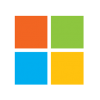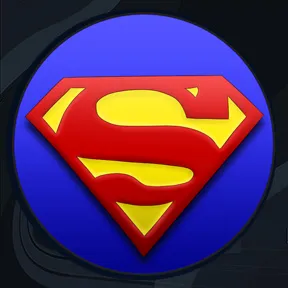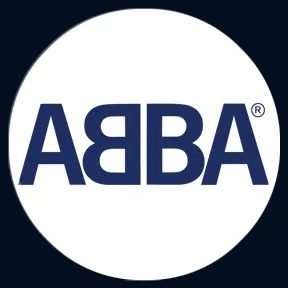Why Windows 95 Was a BIG Deal!
It is the night of August 23, 1995. Everyone around you is excited for Windows 95.
This is clearly a big deal! You got your JNCO jeans on, you brought your Game Boy with you because you have no idea how long this is going to take, and you and your friend are waiting in line at Best Buy with hundreds of other people, waiting for midnight to strike, because that is when the all-new Windows operating system will be available for purchase on store shelves. But do you even know why you’re here?
Microsoft got the whole world excited for Windows 95 with its retrospectively famous “Start Me Up” campaign. Its marketing was just incredible. It worked so well, thousands of people waited in line at many retail stores across the world to buy it, making it the most successful software launch in history.
People knew that Windows 95 was an important milestone, but did they understand why? Yeah…but also, probably not. What’s really interesting about Microsoft’s product launch is that it was able to even mesmerize people that frankly didn’t really know what was going on. Today, we are going to look at the causes and effects of this great software phenomenon and explain “Why Windows 95 Was So Important.”
The seemingly everlasting influence of the Windows 95 operating system can really be boiled down to three things: brilliant marketing (arguably the biggest component), innovative features, and, just like many other incredibly successful things, timing. It’s honestly really easy to overlook Windows 95 as this revolutionary piece of software, even at the time. But keep in mind, that’s not the question this video is answering, but rather why Windows 95 was important. Being important and revolutionary are different things.
But was Windows 95 revolutionary? Not really, or at least not as much as you’d think. Heck, its exorbitant amount of marketing actually brought it a lot of criticism, particularly from Apple users. Many of these people scoffed at the features that Windows 95 was boastfully advertising, and mockingly nicknamed it “Macintosh 87.” This is because they claimed that Macintosh did it first, almost a decade earlier, and they actually weren’t too far off. A new feature included in Windows 95 allowed users to name files up to 255 characters long, a huge improvement to the previous 11-character limit.
But this was a feature the Macintosh had for over ten years, along with a similar looking GUI that used similar icons. I mean, if you really want to get technical Macintosh actually copied Xerox and Windows just copied it afterwards, but that’s a whole other video, but it didn’t stop Apple users at the time from giving Windows 95 some bad PR. Yeah, the whole “Mac vs PC” debate is a lot older than you might think. But Microsoft’s incredible advertising serves as a testament for why people still chose Windows 95 over the already existing Mac OS instead. Yeah, Windows 95 was similar to the Macintosh, but its marketing gave it a better personality.
Computing had an interesting role in the 90s, which was to be as relatable as possible, to transform from this niche community into something that everybody did. Computers were going to be as relatable and fun as cars or television, and Windows 95, in a lot of ways, was the one that took initiative on achieving this goal. Their commercials were upbeat, exciting, and appealed to the masses using pop culture references of the time. Their main focus was showing the operating system’s simplicity, and how much the user could do with such little effort.
It was less of a convoluted piece of software and more like a person, when in reality, Windows 95 honestly wasn’t all that different from its previous version, Windows 3.1. With the way 3.1was marketed, people basically just saw it as DOS wearing a fancy outfit.
Windows 95 also ran on top of DOS, only difference was DOS booted into Windows by default, so you didn’t notice it, and of course the ads wouldn’t tell you that. All this fun advertising excited people and encouraged them to go out and see what all the fuss was about, including those that were just getting into computers and had no prior experience with them.
Consequently, many people weren’t even exactly sure why they were in line, but just knew that it was the start of something big, and that this product was going to soon enrich their lives in one way or another.
















































